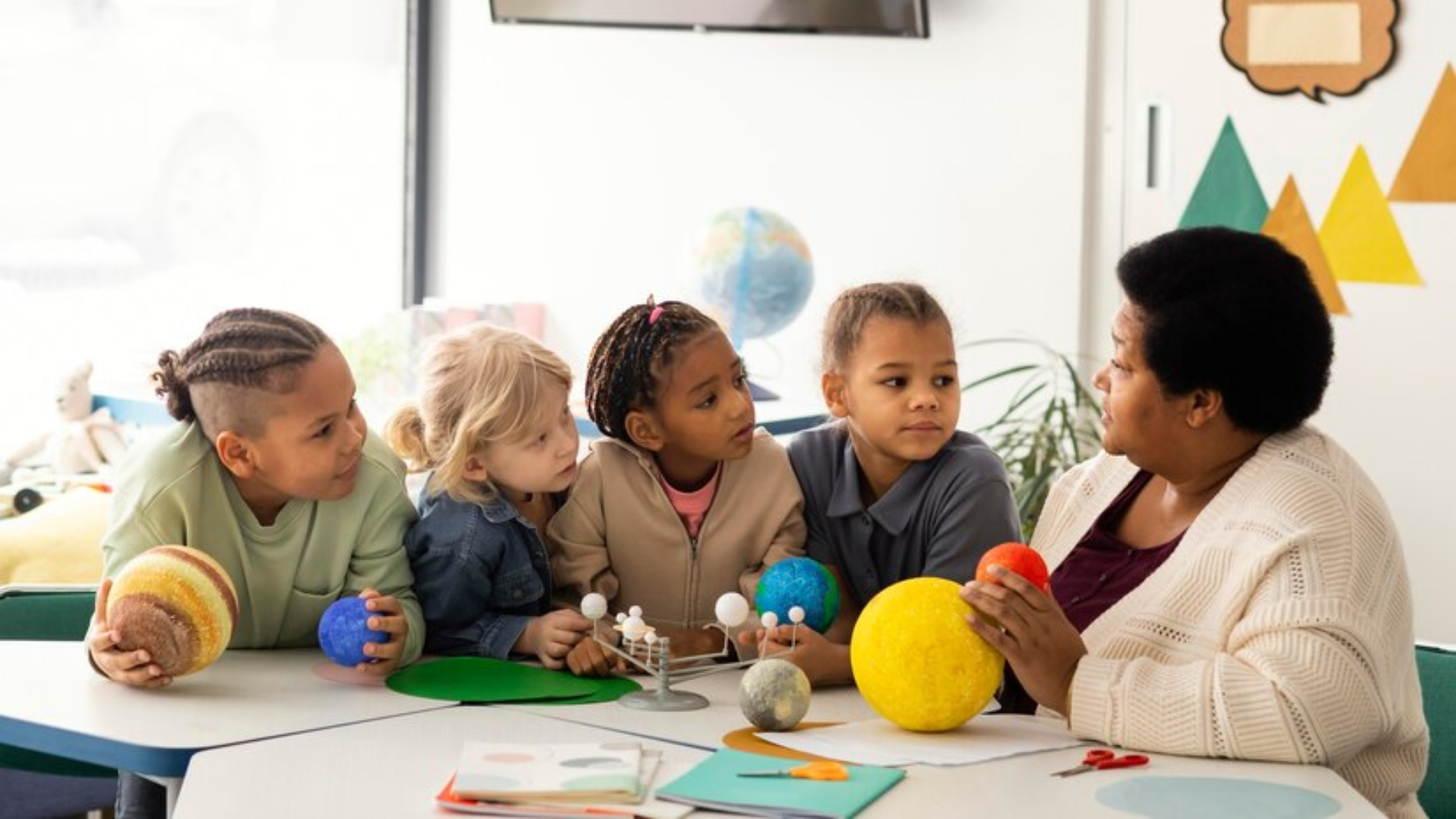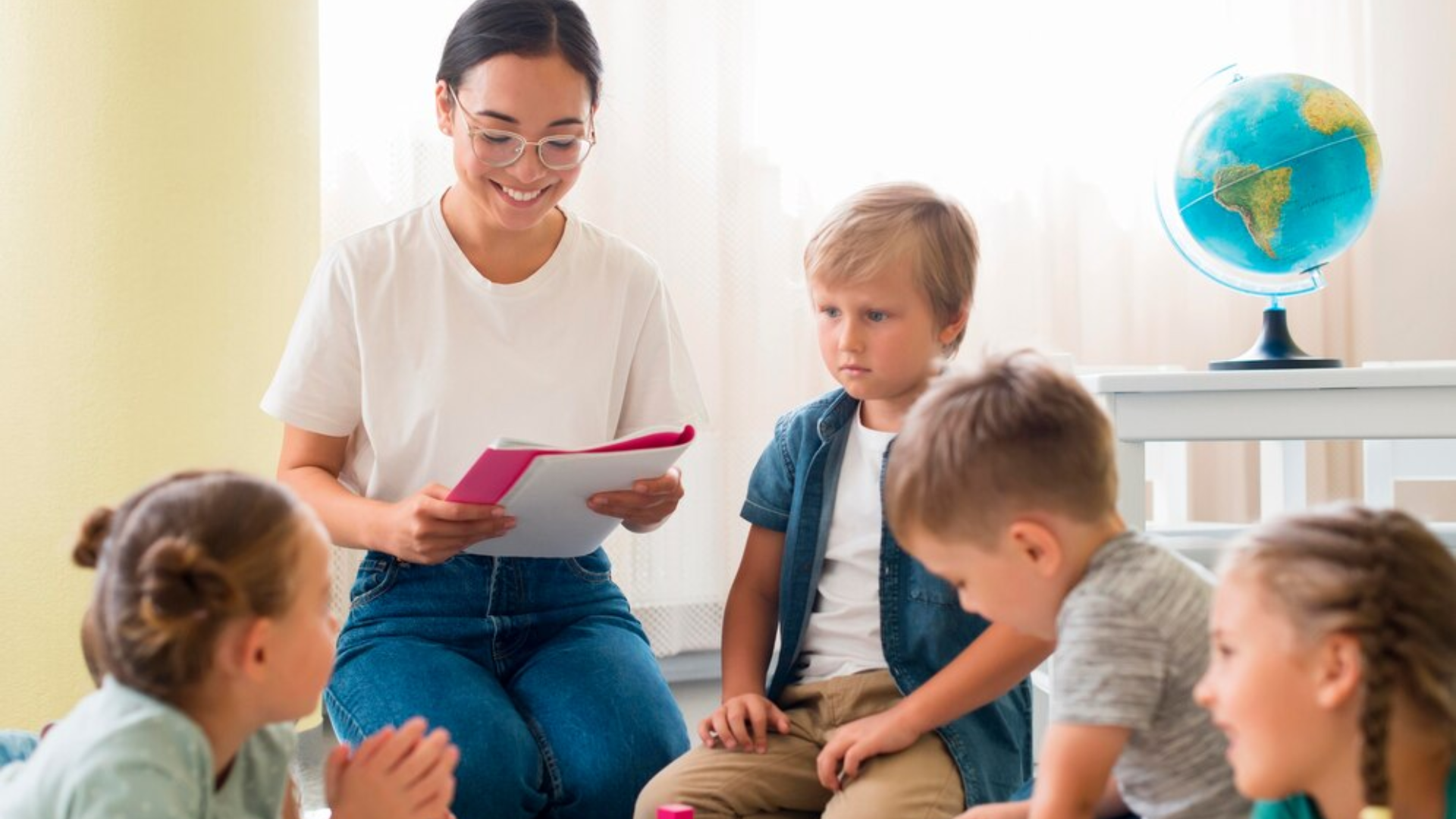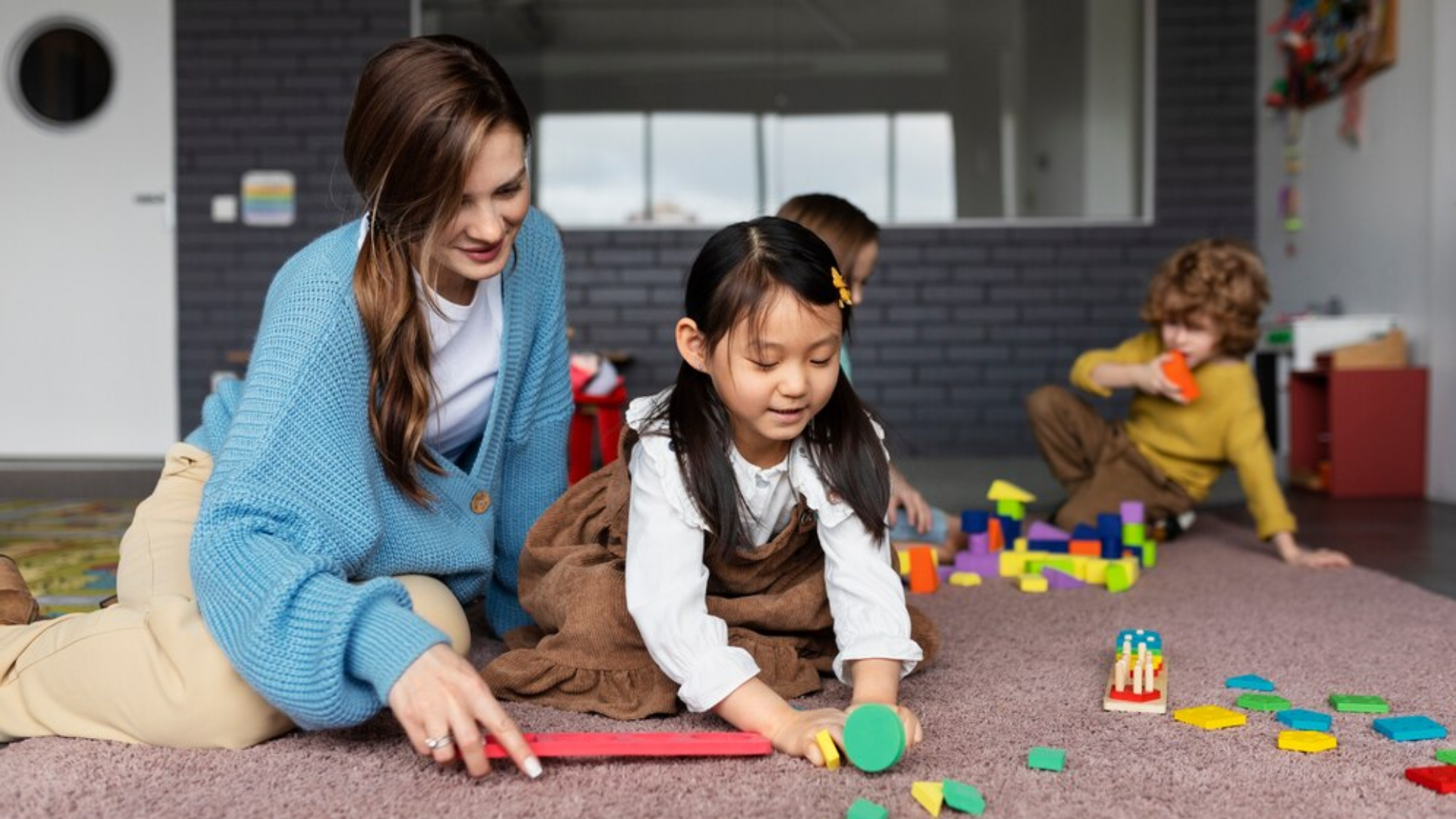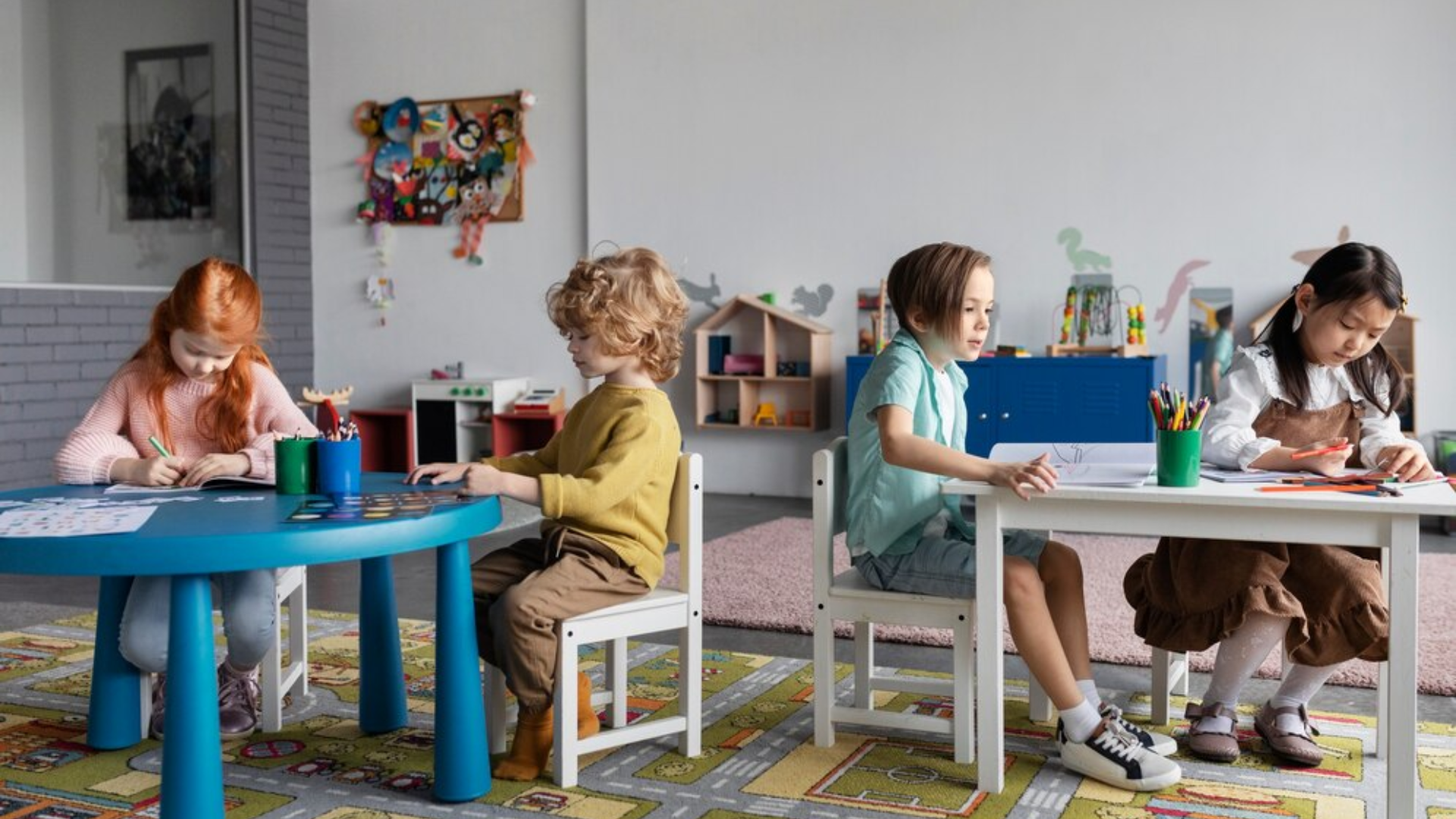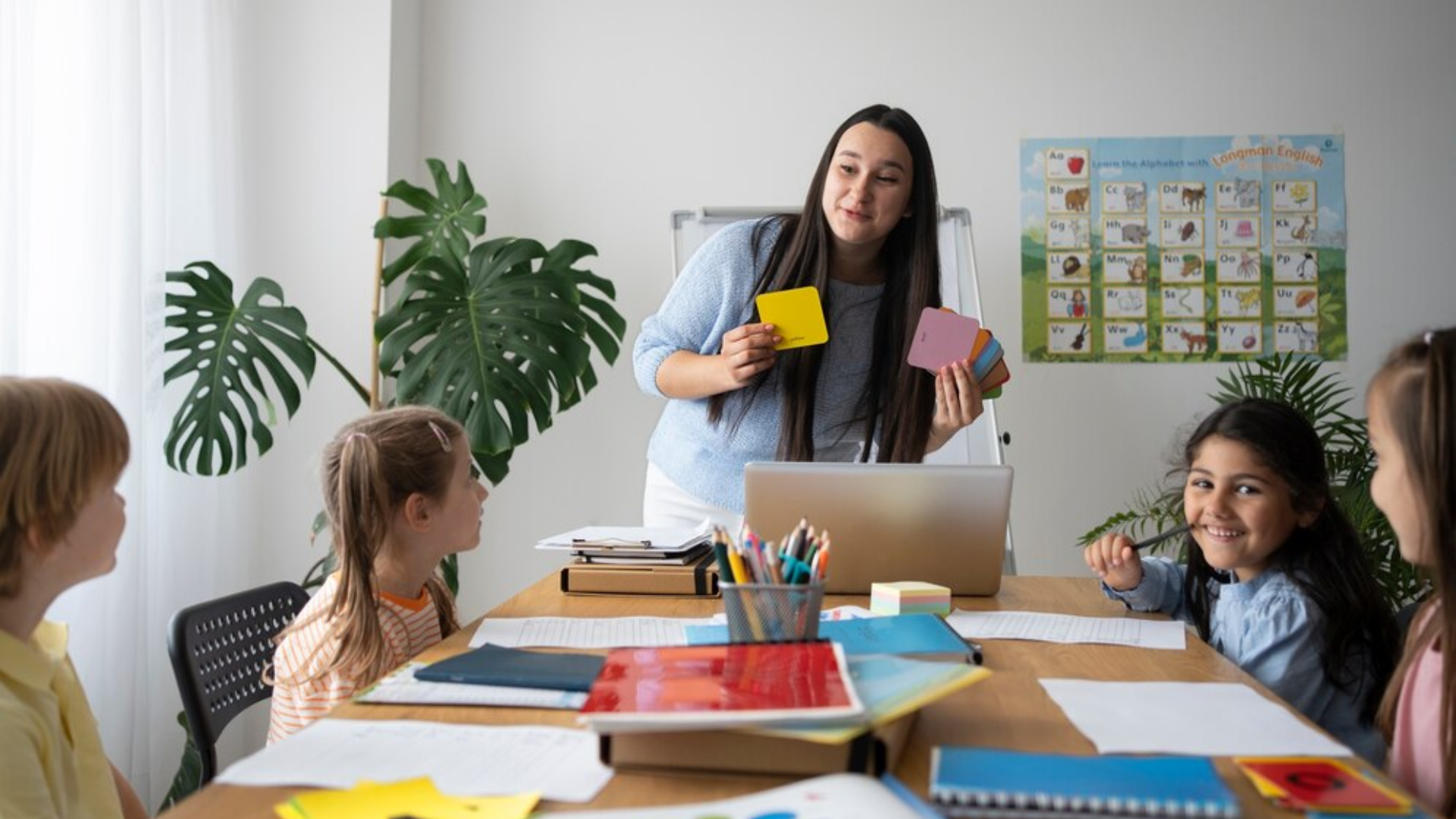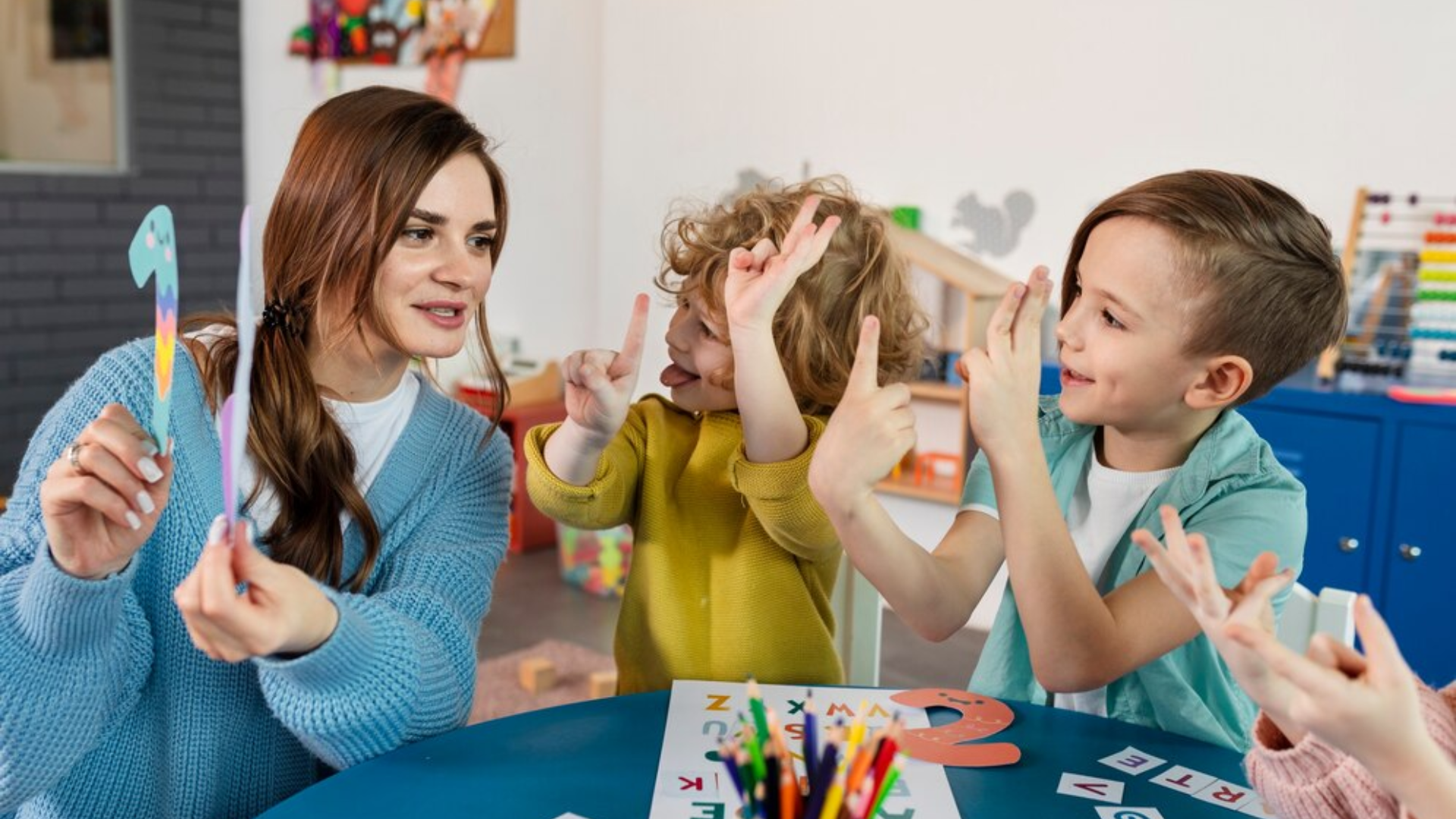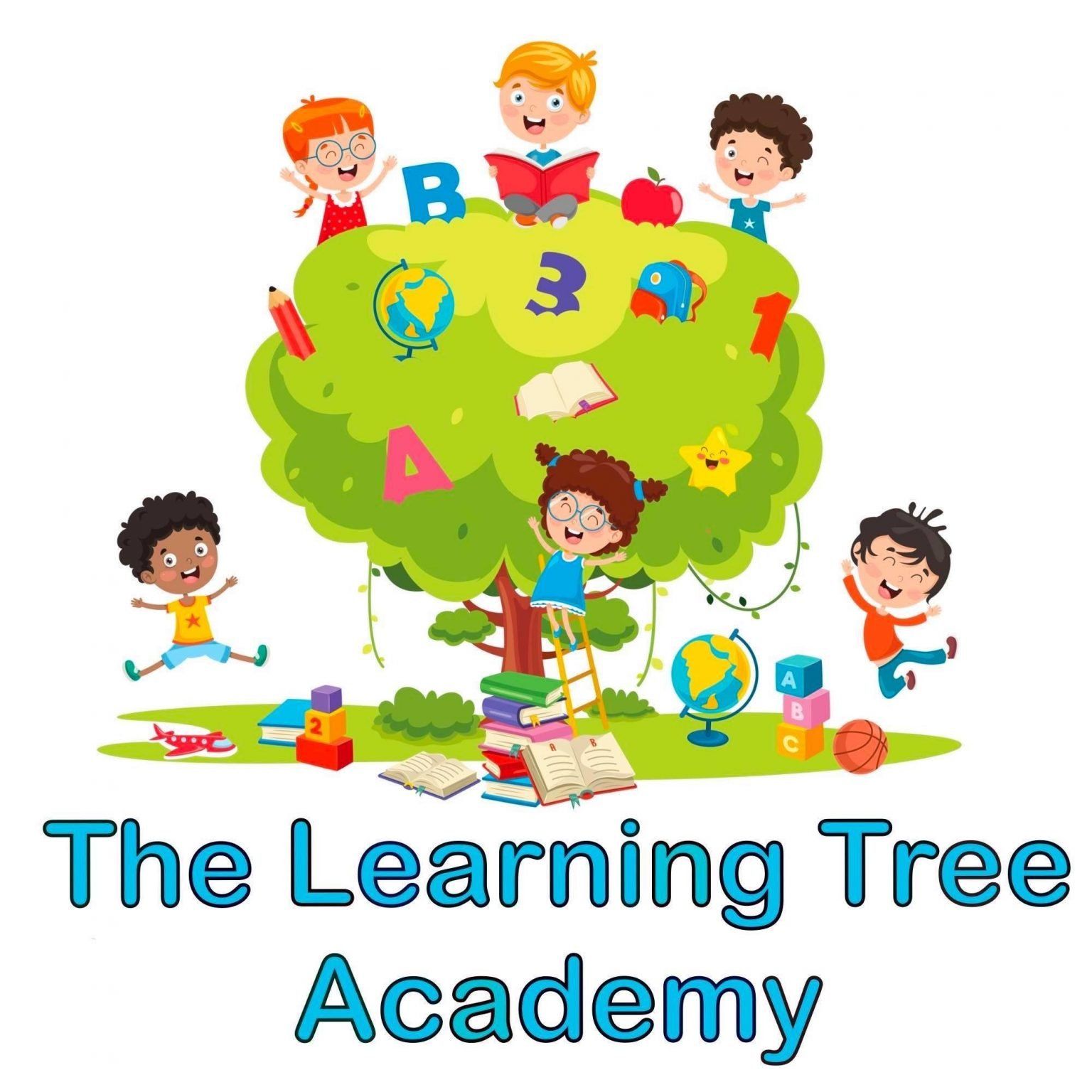Why Play-Based Learning is the Best Way for Kids to Grow

When it comes to early childhood education, parents and educators are always looking for the best approach to help children grow, develop, and succeed. One educational philosophy that has gained significant attention and praise is play-based learning. Play-based learning, or learning through play, is an approach where children engage in structured or unstructured play activities that encourage exploration, creativity, and problem-solving while also building essential social, emotional, and cognitive skills.
At The Learning Tree of Palm Bay, we believe in the power of play-based learning to foster a child’s growth. It’s an approach that not only makes learning fun but also helps children develop holistically physically, emotionally, socially, and intellectually. In this blog post, we’ll dive into the key reasons why play-based learning is the best way for kids to grow and how this approach benefits their overall development.
1. Encouraging Creativity and Imagination
One of the most important aspects of play-based learning is that it sparks children’s creativity and imagination. When children are engaged in imaginative play, they are given the opportunity to think outside the box, create their own worlds, and explore new possibilities. This type of play encourages kids to use their imaginations to build, role-play, or solve problems in unique ways.
For example, when children play pretend games like “house,” “store,” or “doctor,” they not only mimic real-world activities but also experiment with social roles, practice language skills, and navigate complex scenarios. Play allows them to take on different personas, use props, and engage in storytelling, all of which contribute to cognitive flexibility and creative thinking.
At The Learning Tree, we create environments where children can explore their creativity through various types of play, such as dramatic play, art projects, and building blocks. This hands-on approach allows children to express themselves freely, develop a sense of autonomy, and refine their problem-solving abilities.
2. Promoting Social and Emotional Development
Play-based learning provides ample opportunities for children to develop their social and emotional skills. Through play, children learn how to interact with others, share, cooperate, and resolve conflicts skills that are essential for building positive relationships and navigating social situations.
When children play together, they learn how to take turns, negotiate, and communicate their needs and feelings. For instance, during group play, children may take on roles where they need to work as a team or collaborate on a project, which strengthens their social skills and emotional intelligence. They also gain a better understanding of empathy, as they observe their peers’ reactions and feelings during play scenarios.
Additionally, play offers a safe space for children to experiment with different emotional responses. If a child gets upset during a game, they can learn how to cope with their emotions, express frustration constructively, and move past challenges. Play-based learning allows children to practice self-regulation, build resilience, and develop emotional awareness, which are crucial skills for their personal and social well-being.
At The Learning Tree, we foster a supportive, emotionally enriching environment where children can practice social interactions and learn how to navigate complex emotional situations through play. Our educators guide these interactions, helping children build strong, empathetic relationships with their peers.
3. Enhancing Cognitive Skills and Problem-Solving Abilities
Play is a natural way for children to engage their cognitive abilities. When children are given the freedom to explore, they develop essential thinking skills such as attention, memory, reasoning, and problem-solving. Whether they are building structures with blocks, figuring out how to win a game, or solving puzzles, children are constantly using their brains to figure things out and think critically.
For example, when children engage in block play, they are learning about spatial relationships, balance, and cause and effect. Playing with toys that require manipulation, such as puzzles or shape sorters, helps children develop fine motor skills and hand-eye coordination. As they build, rearrange, and experiment, they are engaging in active learning that promotes problem-solving and critical thinking.
Furthermore, play allows children to make decisions, test hypotheses, and learn from trial and error. For instance, if a child is building a tower and it keeps falling, they’ll have to rethink their strategy, adjust their approach, and try again. This process of trial, reflection, and adjustment strengthens cognitive flexibility and problem-solving abilities.
At The Learning Tree, we emphasize activities that encourage hands-on exploration and critical thinking. From interactive play in sensory bins to collaborative projects, our environment promotes cognitive growth through playful discovery.
4. Supporting Language and Communication Skills
Play-based learning is also an excellent way to develop language and communication skills. During play, children engage in conversations, ask questions, and practice listening and speaking in meaningful contexts. They learn new vocabulary, sentence structures, and social cues as they interact with their peers and teachers.
For example, during pretend play scenarios, children often engage in dialogue, narrate their actions, or discuss the roles they are taking on. This not only strengthens their language skills but also improves their ability to express their thoughts and emotions. Children learn how to negotiate, ask for help, share ideas, and listen attentively all of which are critical aspects of communication.
Additionally, play-based learning encourages children to develop storytelling and narrative skills. Whether they are building a story during dramatic play or sequencing events in a puzzle, they are practicing how to structure ideas and convey them effectively. This foundation in language helps children develop literacy skills and prepares them for future academic success.
At The Learning Tree, we create opportunities for rich language experiences through play. Our educators engage with children during play, modeling appropriate language, asking open-ended questions, and encouraging dialogue that promotes communication and language development.
5. Fostering Physical Development
Physical play is another essential aspect of play-based learning. Children’s physical development both fine and gross motor skills is supported through activities such as running, jumping, climbing, and playing with small objects. These activities not only promote physical health but also help children refine their motor skills and spatial awareness.
Gross motor activities, such as running, jumping, and playing ball, help children develop coordination, balance, and strength. Fine motor skills, which involve smaller movements such as grasping, drawing, or manipulating objects, are also developed through play with materials like building blocks, arts and crafts, or puzzles.
Play that incorporates physical movement is important for children’s overall health, promoting fitness and encouraging habits that support physical well-being. Physical play also helps children regulate their emotions, reduce stress, and improve concentration, all of which contribute to a positive learning environment.
At The Learning Tree, we incorporate both indoor and outdoor play to support physical development. Our playgrounds are designed to encourage movement and exploration, while classroom activities include fine motor challenges to help children develop their dexterity and hand-eye coordination.
6. Instilling a Love for Learning
Perhaps one of the greatest benefits of play-based learning is that it makes learning fun. When children are engaged in play, they are intrinsically motivated to learn. They may not even realize that they are developing important skills because they are having so much fun in the process.
Play encourages children to explore new concepts, solve problems, and experiment with their environment in an enjoyable and engaging way. This sense of joy in learning fosters a love for education that lasts throughout a child’s life. When children are excited about learning, they are more likely to approach future challenges with confidence and curiosity.
At
The Learning Tree, we prioritize creating an environment where play is a central part of the learning experience. By blending structured activities with unstructured free play, we ensure that children have the freedom to explore their interests while also developing key academic and life skills.
Play-based learning not only fosters a love for learning but also supports critical
social and emotional development, helping children build essential skills like empathy, cooperation, and self-regulation. When choosing the right educational approach, it's important to consider how
quality early learning centers integrate play into their curriculum to support holistic child development. At The Learning Tree of Palm Bay, we embrace this philosophy, providing a nurturing environment where children can thrive physically, socially, emotionally, and intellectually.
Conclusion: The Power of Play-Based Learning
Play-based learning is an incredibly powerful approach to early childhood education that supports children’s development in a holistic and engaging way. By encouraging creativity, enhancing social and emotional skills, boosting cognitive abilities, fostering language development, promoting physical growth, and instilling a love for learning, play provides children with the foundation they need to succeed in life.
At The Learning Tree of Palm Bay, we are committed to fostering an environment that values and promotes the power of play. We understand that children learn best when they are actively engaged in hands-on experiences, exploring their world and discovering new things. Through our play-based curriculum, we ensure that every child has the opportunity to grow, learn, and thrive in a fun, nurturing, and supportive environment.
By embracing play as a key part of education, we help children develop the skills they need to succeed both academically and socially, while also instilling a lifelong love of learning.
